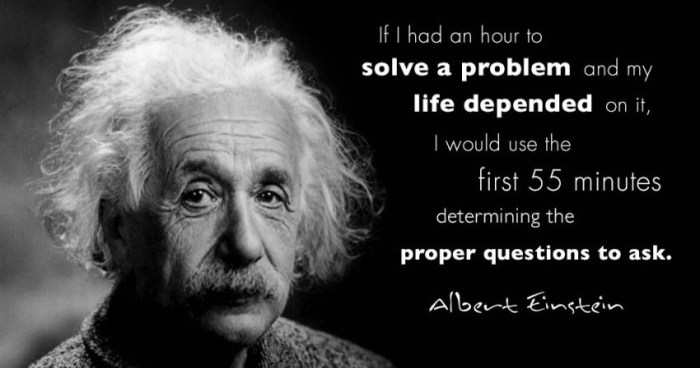What would a well-prepared salesperson use to qualify a buyer? This is a question that all sales professionals should be able to answer. Qualifying buyers is an essential part of the sales process, as it helps salespeople to identify which prospects are most likely to purchase their product or service.
By qualifying buyers, salespeople can focus their time and energy on the most promising leads, which can lead to increased sales and improved profitability.
There are a number of different techniques that salespeople can use to qualify buyers. Some of the most common techniques include:
Identifying Buyer Needs

Understanding the buyer’s specific requirements and pain points is crucial for effective sales qualification. By identifying their needs, you can tailor your sales pitch to address their challenges and demonstrate how your product or service can solve them.
To gather information about the buyer’s situation and goals, ask open-ended questions, actively listen to their responses, and observe their body language. Encourage them to share their current challenges, future aspirations, and any concerns they may have.
By uncovering hidden needs and understanding the buyer’s motivations, you can create a personalized and compelling sales proposal that meets their unique requirements.
Determining Decision-Making Authority
Identifying the individuals involved in the buying process and their roles is essential for effective sales qualification. By understanding the decision-making hierarchy and power dynamics, you can target the right stakeholders and tailor your sales approach accordingly.
Use a variety of methods to assess the roles and responsibilities of each stakeholder, such as reviewing company profiles, conducting LinkedIn research, or engaging in direct conversations. Map out the decision-making process and identify the key influencers who will have a say in the final purchase decision.
Evaluating Budget and Timeline, What would a well-prepared salesperson use to qualify a buyer
Establishing the buyer’s financial constraints and spending limits is crucial for sales qualification. By understanding their budget, you can align your sales proposal with their financial capabilities and avoid wasting time on deals that are not viable.
Discuss budget expectations openly with the buyer, explore potential financing options, and manage their expectations to ensure that your sales proposal aligns with their financial reality.
Additionally, understanding the buyer’s timeline for making a decision is essential for effective sales qualification. By aligning your sales process with their timeframe, you can avoid unnecessary delays and increase the likelihood of closing the deal.
Assessing Competition
Understanding the competitive landscape and identifying potential threats is crucial for effective sales qualification. By analyzing your competitors, you can differentiate your product or service and highlight its unique value proposition.
Conduct a thorough competitive analysis to assess the strengths and weaknesses of your competitors. Identify their market share, pricing strategies, and customer base. By understanding your competition, you can develop a sales strategy that positions your product or service as the superior choice.
Top FAQs: What Would A Well-prepared Salesperson Use To Qualify A Buyer
What is the most important thing to consider when qualifying a buyer?
The most important thing to consider when qualifying a buyer is their need for your product or service. You need to make sure that your product or service is a good fit for their needs and that they are willing and able to pay for it.
What are some of the most common mistakes that salespeople make when qualifying buyers?
Some of the most common mistakes that salespeople make when qualifying buyers include:
- Not asking enough questions
- Not listening to the buyer’s needs
- Making assumptions about the buyer’s needs
- Not following up with the buyer

